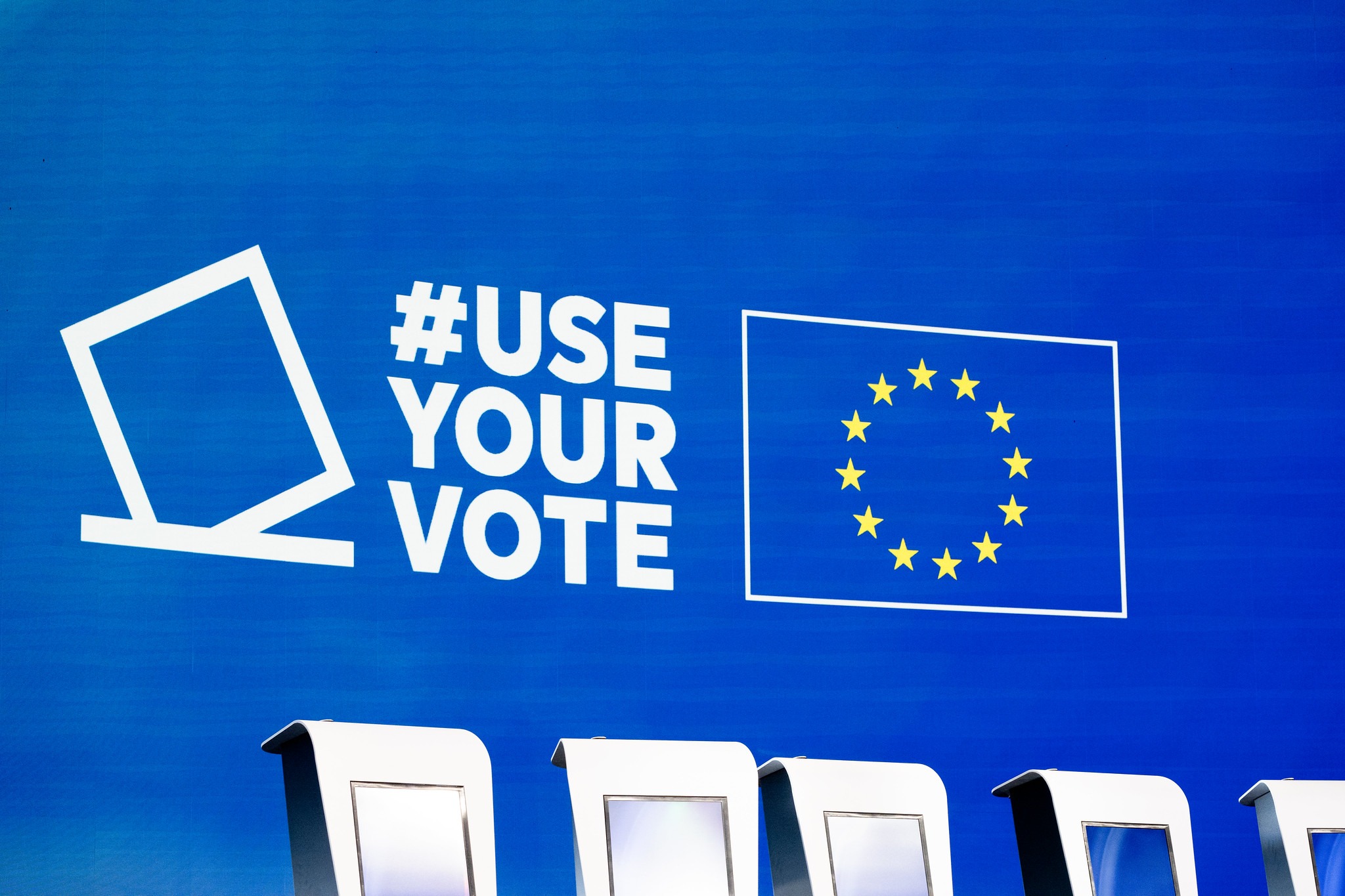Category:
Reports
Latvia Weekly: Railbaltica and Russophobia
During the examined week, the narratives primarily focused on domestic issues relating to corruption and Russian language policies.
Read moreEstonia Weekly: EU Parliament and Inequality
This reporting week, they targeted various issues, mainly focusing on Kaya Kallas's acceptance to work in the EU parliament.
Read moreLithuania Weekly: Local Politicians and European Union
During this reporting week, several Lithuanian media sources with a pro-Russian stance have continued to prioritise domestic news.
Read moreLatvia Weekly: Russophobia and language
During the examined week, the primary narratives relate to the current government's corruption and incompetence.
Read moreShowing 261 to 264 of 393 results
Don't miss a story.
We publish stories that change laws, lives, minds and the world. Subscribe to our newsletter to get our investigations delivered to your inbox.



